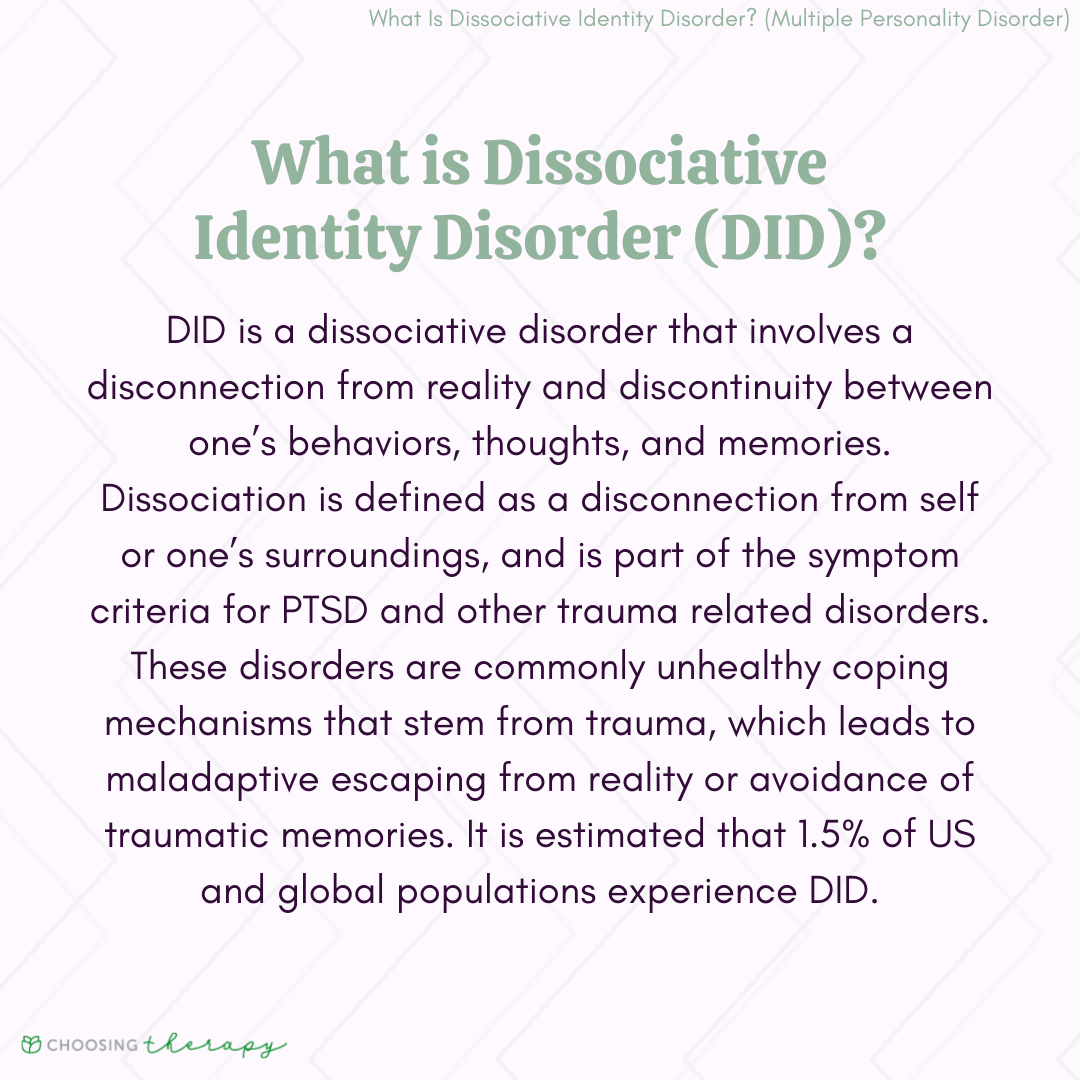Step-by-Step Guide: Education Pathways to Become a Forensic Psychologist
Introduction
Forensic psychology is a unique and multifaceted profession that blends psychological expertise with legal and criminal justice knowledge. As a forensic psychologist, you may evaluate defendants, consult with law enforcement, or serve as an expert witness in court. Because of the complexity and responsibility inherent in this role, the educational path is rigorous and requires a commitment to advanced study, practical experience, and state licensure. This guide breaks down each step, offering actionable advice and insights for aspiring forensic psychologists.
1. Laying the Foundation: High School Preparation
Your journey begins with a high school diploma or GED. While any standard diploma will suffice, students interested in forensic psychology should focus on excelling in courses related to psychology, biology, chemistry, and statistics. Early exposure to these subjects not only builds a strong academic base but also enhances your chances of admission to competitive undergraduate programs [2] . Participating in extracurricular activities such as psychology clubs or debate teams can also sharpen analytical and communication skills-both crucial for future success in forensic psychology.
2. Undergraduate Degree: Choosing the Right Major
The next step is earning a bachelor’s degree, typically over four years. Most aspiring forensic psychologists major in psychology, but related fields such as criminal justice or criminology are also common. Some universities offer specialized bachelor’s degrees in forensic psychology, providing targeted coursework in abnormal psychology, criminal investigation, and legal standards [1] . During your undergraduate years, seek out courses in research methods, statistics, and relevant electives like sociology of crime or deviant behavior. Internships or volunteer positions in settings such as correctional facilities, legal advocacy groups, or research labs can provide valuable hands-on experience and help clarify your career interests [3] .
3. Advancing Your Education: Master’s Degree Options
While a bachelor’s degree lays the groundwork, a master’s degree in forensic psychology or a closely related field is often the minimum requirement for research or consulting roles. These programs, usually lasting two years for full-time students, deliver specialized knowledge in criminal law, psychological assessment, and forensic evaluation techniques [2] . Coursework typically includes topics such as psychopathology, ethics, victimology, and police psychology. At this stage, many students participate in supervised practicums or internships, gaining direct exposure to forensic settings. Completing a thesis or capstone project in forensic psychology can further demonstrate your expertise to prospective employers or doctoral programs.
4. Doctoral Degree: The Key to Clinical Practice
To work as a licensed clinical forensic psychologist, you must complete a doctoral degree-either a Ph.D. (Doctor of Philosophy) or Psy.D. (Doctor of Psychology). Doctoral programs are highly competitive and generally require four to seven years to finish. The curriculum includes advanced courses in psychological theory, legal standards, research methods, and clinical assessment, as well as original dissertation research [5] . Many programs offer specialized tracks in forensic psychology and require clinical practica in forensic settings, such as court clinics or correctional institutions. When selecting a doctoral program, ensure it is accredited by the American Psychological Association (APA), as this is often a prerequisite for state licensure and employment in most jurisdictions [4] .
5. Supervised Clinical Experience and Internship
During or after your doctoral studies, you will need to complete a significant amount of supervised clinical experience. Requirements vary by state but typically involve 1,000 to 2,000 hours of direct practice under the supervision of a licensed psychologist [5] . This may include rotations in jails, prisons, forensic hospitals, or court clinics. These placements provide hands-on training in psychological assessment, testimony, risk evaluation, and report writing. Some states also mandate postdoctoral fellowships in forensic psychology, further refining your expertise in the field.
6. State Licensure: Meeting Regulatory Standards
Licensure is required for all clinical psychologists, including those specializing in forensics. You must pass the Examination for Professional Practice in Psychology (EPPP) and meet your state’s supervised experience requirements. Some states also require a jurisprudence exam covering legal and ethical issues. To find out the exact requirements for your state, visit your state board of psychology’s official website or contact their office directly. It’s essential to ensure that your doctoral program and clinical training meet your state’s standards before you begin the licensure process [5] .
7. Board Certification and Continuing Education
Although not mandatory, obtaining board certification from the American Board of Professional Psychology (ABPP) in forensic psychology can enhance your credentials and job prospects. Certification requires a doctoral degree, valid license, extensive experience, and successful completion of written and oral examinations. Additionally, psychologists must participate in continuing education to maintain licensure and stay current with advances in research, ethics, and law. Many professional organizations, such as the American Psychological Association, offer workshops, conferences, and online courses for ongoing development.
Alternative Pathways and Considerations
For those interested in non-clinical roles, such as research, policy analysis, or consultancy, a master’s degree may suffice. However, clinical practice and expert testimony generally require a doctorate and state licensure [4] . If you already hold an advanced degree in psychology, you may be able to complete a postdoctoral fellowship or certificate program in forensic psychology to pivot into this specialty. Additionally, some states and employers may recognize foreign degrees provided they meet equivalent standards and are evaluated by credentialing agencies.
Practical Steps for Getting Started
- Research accredited undergraduate and graduate programs . Use the APA’s official program directory to confirm accreditation status.
- Contact your state board of psychology for specific licensure requirements and application procedures.
- Seek out internships and volunteer opportunities in forensic or legal settings to gain practical experience.
- Network with professionals through organizations like the American Psychological Association and the American Academy of Forensic Psychology.
- Consider joining student chapters or professional associations to access mentorship, scholarships, and job postings.
If you need help identifying accredited programs, you can visit the American Psychological Association’s website and search their directory of accredited programs. To learn about specific licensure requirements, search for your state’s psychology board and review their published guidelines or contact their office directly. For continuing education, explore offerings from established professional organizations to stay up to date with developments in the field.

Source: epi.org
Challenges and Solutions
Becoming a forensic psychologist is a lengthy and demanding process, often taking 10-15 years from undergraduate education to licensure [5] . The journey involves intensive coursework, clinical training, and rigorous examinations. Financial investment is significant, and competition for doctoral programs can be fierce. However, careful planning, strategic networking, and gaining relevant experience early can improve your chances of success. Consider alternative pathways, such as research roles or policy analysis, if direct clinical practice is not immediately achievable. Scholarships, assistantships, and part-time work in related fields may help offset educational costs.
Key Takeaways
Forensic psychology is a rewarding career that requires a firm commitment to education and professional development. Starting with a strong high school foundation, progressing through targeted undergraduate and graduate studies, and culminating in doctoral-level clinical training and licensure, each step is critical for building the expertise required in this field. While the path is challenging, the opportunities to impact the legal system and help individuals in need make it a fulfilling choice for many professionals. For further guidance, consult the American Psychological Association, your state licensing board, and professional forensic psychology organizations.

Source: teacher.org
References
- [1] American Military University (2024). How to Become a Forensic Psychologist and Help Serve Justice.
- [2] BestColleges.com (2025). How to Become a Forensic Psychologist.
- [3] ForensicsColleges.com (2025). Requirements To Become a Forensic Psychologist.
- [4] CareersInPsychology.org (2023). Forensic Psychologist: Requirements & Degree Paths.
- [5] Psychology.org (2025). How To Become A Forensic Psychologist: Step-By-Step Guide.
MORE FROM oncecoupon.com













